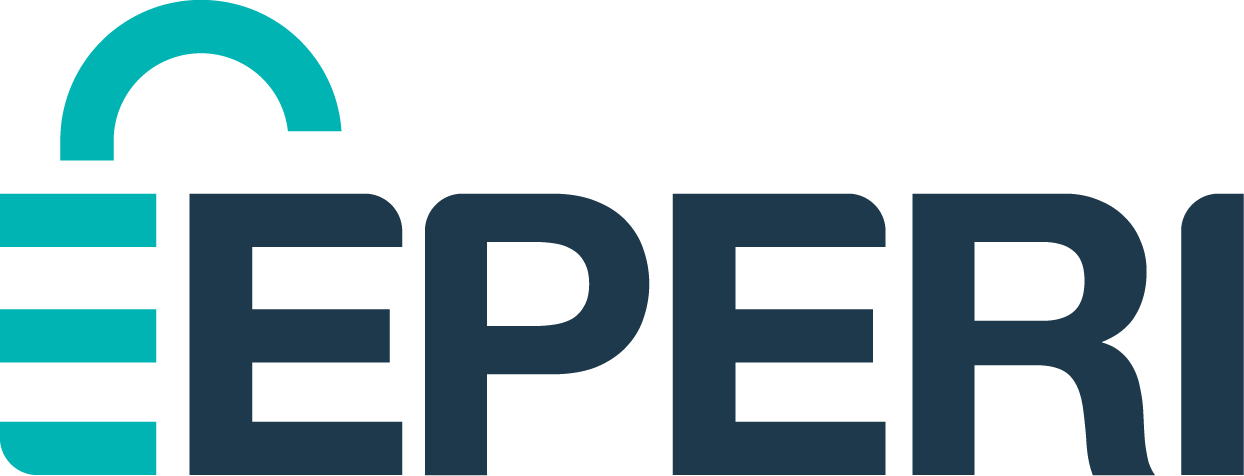Why “unclouding” is not necessary at all
Security concerns are of course understandable - in many respects. After all, in most cases companies cannot fully understand how exactly their data is protected against unauthorized access. If they do not have the encryption process under their own control, they have to rely on the protection mechanisms of the cloud providers in the event of attacks. And since the European General Data Protection Regulation (EU GDPR), it is also clear that responsibility for personal data cannot be passed on to third-party providers. Companies are always liable themselves. This is why the majority (70 percent) are considering moving their personal data back to an on-premises solution first when unclouding.
This fear is apparently also reflected in the results of the “Cloud Data Security Report 2019”. In Germany, just under 30 percent of the companies surveyed registered security incidents. Around 62% of companies also stated that they process personal data but do not classify all of their data. However, this is particularly important when compliance guidelines and legal regulations stipulate that credit card information, financial data and other personal data, for example, must be specially protected. This is the only way to take appropriate security measures. However, it is also clear that only a small proportion of a company's data really needs to be strictly protected. Experts estimate up to ten percent.
Yet “unclouding” would not even be necessary if data protection was done properly in the first place. Even companies that process a lot of sensitive data such as personal information, financial data or company secrets can use cloud services without hesitation. On one condition: the data should ideally be protected before it leaves the company. The best way to do this is with encryption. With an encryption solution such as the eperi Gateway, there is no need for complex installations on the server or client side, as the gateway acts as a network component. With the patented template architecture, customers can independently determine which data fields are encrypted, tokenized or left in plain text - even for completely unknown applications such as Office 365 or Salesforce. This makes the eperi Gateway the central control point for all data protection processes.



